
HGEO is expanding America’s skilled energy workforce by investing in hands-on training, education, research opportunities, and academic-industry partnerships.
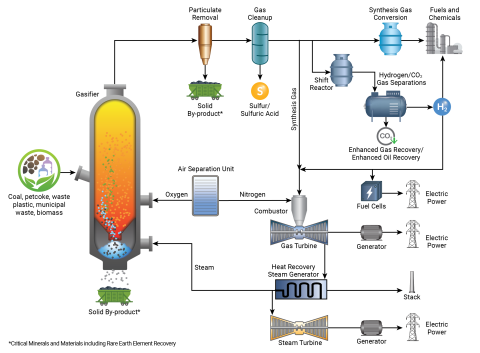
This fact sheet summarizes FECM's Gasification Systems Program, which develops innovative designs and technologies to convert carbonaceous solid feedstocks into synthesis gas.
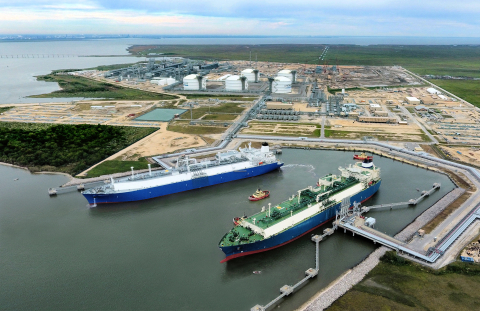
This fact sheet provides information on expectations for increased demand for liquefied natural gas (LNG) and the role of the United States in meeting that demand through LNG exports.

This fact sheet provides information on FECM’s carbon capture, use, transport, and storage programs.
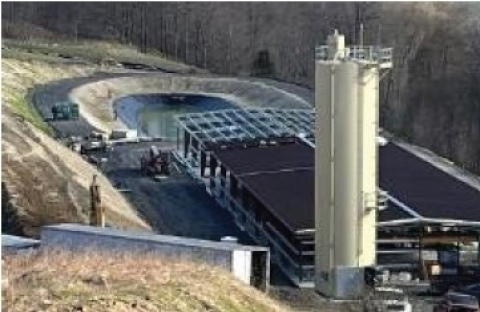
This fact sheet provides information on FECM’s Division of Minerals Sustainability is advancing a research, development, and demonstration portfolio geared toward increasing the domestic production of critical minerals and materials in the United States.
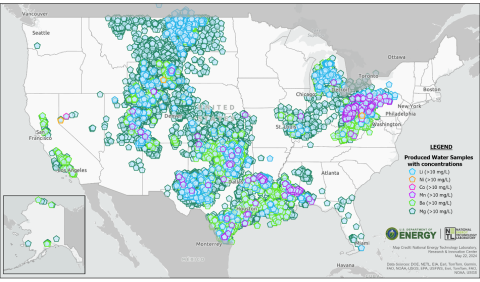
FECM is investing in research and development projects to advance water treatment and management technologies while also recovering critical minerals from produced water.
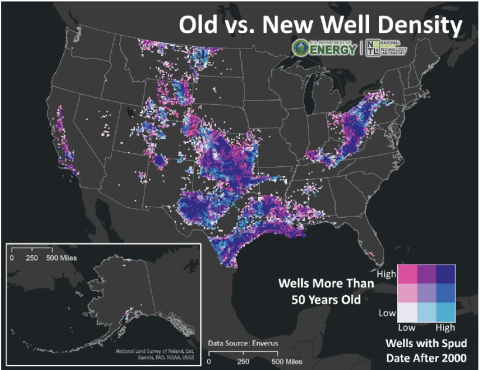
This fact sheet provides information on FECM’s Undocumented Orphan Wells Program, which is developing and testing technologies and processes in the field and developing best practices for orphaned well identification and characterization.
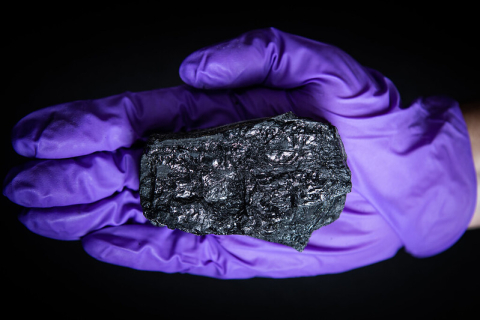
This fact sheet provides information about coal and the work FECM is doing to reduce the environmental impacts associated with coal.
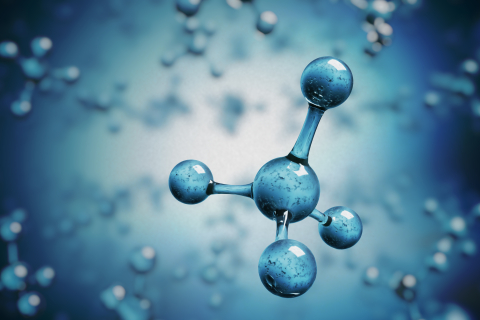
In November 2023, the U.S. Department of Energy’s (DOE) Office of Fossil Energy and Carbon Management joined with
international partners to announce the formation of a working group to develop an MMRV framework to account for GHG emissions
associated with delivered natural gas.
international partners to announce the formation of a working group to develop an MMRV framework to account for GHG emissions
associated with delivered natural gas.
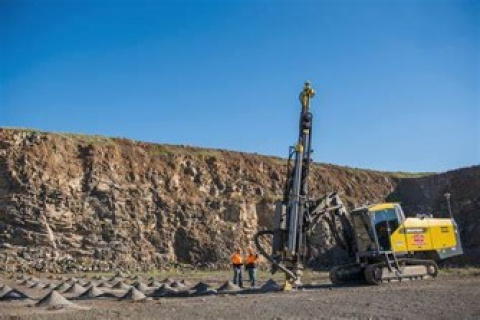
The Office of Fossil Energy and Carbon Management’s Methane Mitigation Technologies program leads DOE’s efforts to reduce methane emissions from the oil and natural gas supply chain.

